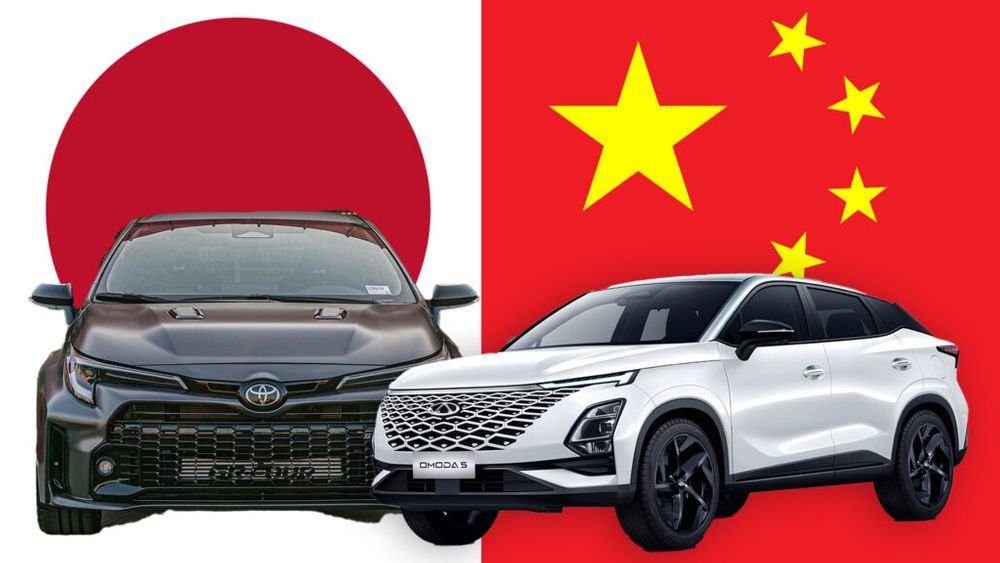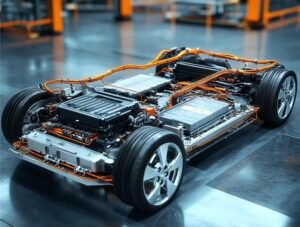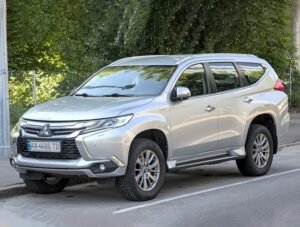Chinese cars are generally more affordable than Japanese cars, especially in entry-level and mid-range segments, with price differences ranging anywhere from 20% to 40% depending on the model, brand, and market conditions. For instance, in countries like the UAE, Chinese hatchbacks, sedans, and compact SUVs are often priced significantly lower than their Japanese equivalents, making them attractive options for budget-conscious buyers. This price advantage is largely due to several factors, including China’s massive manufacturing scale, lower labor costs, government support for the auto industry, and more localized supply chains that help reduce production expenses.

Additionally, Chinese automakers often load their vehicles with high-tech features
Infotainment systems, and advanced safety options that are typically found in more expensive Japanese or European models, creating the perception of better value for money.
However, while the initial cost of a Chinese car may be lower
Other important factors should be considered. Chinese vehicles generally suffer from faster depreciation, with resale values dropping significantly more than Japanese cars over the same ownership period—some reports show a 24–33% drop in three years for Chinese brands, compared to less than 20% for Japanese models.
Insurance premiums for Chinese cars also tend to be higher in many markets
Due to limited historical performance data, perceived reliability concerns, and the higher cost or limited availability of spare parts. Moreover, after-sales service networks for Chinese brands are still developing in many regions, which can lead to longer repair times or difficulty finding qualified technicians.
In contrast, Japanese automakers have built decades-long reputations
For durability, reliability, and strong resale value, supported by well-established service centers and parts distribution. While Chinese brands are closing the gap in terms of design, safety, and technology, and some newer models are even approaching Japanese price levels—especially in the electric vehicle (EV) segment—the overall cost of ownership and long-term value still tend to favor Japanese cars for many consumers.
“Therefore, while Chinese cars are typically cheaper upfront, buyers should weigh the full ownership experience, including depreciation, insurance, service support, and resale value, before making a decision”.





